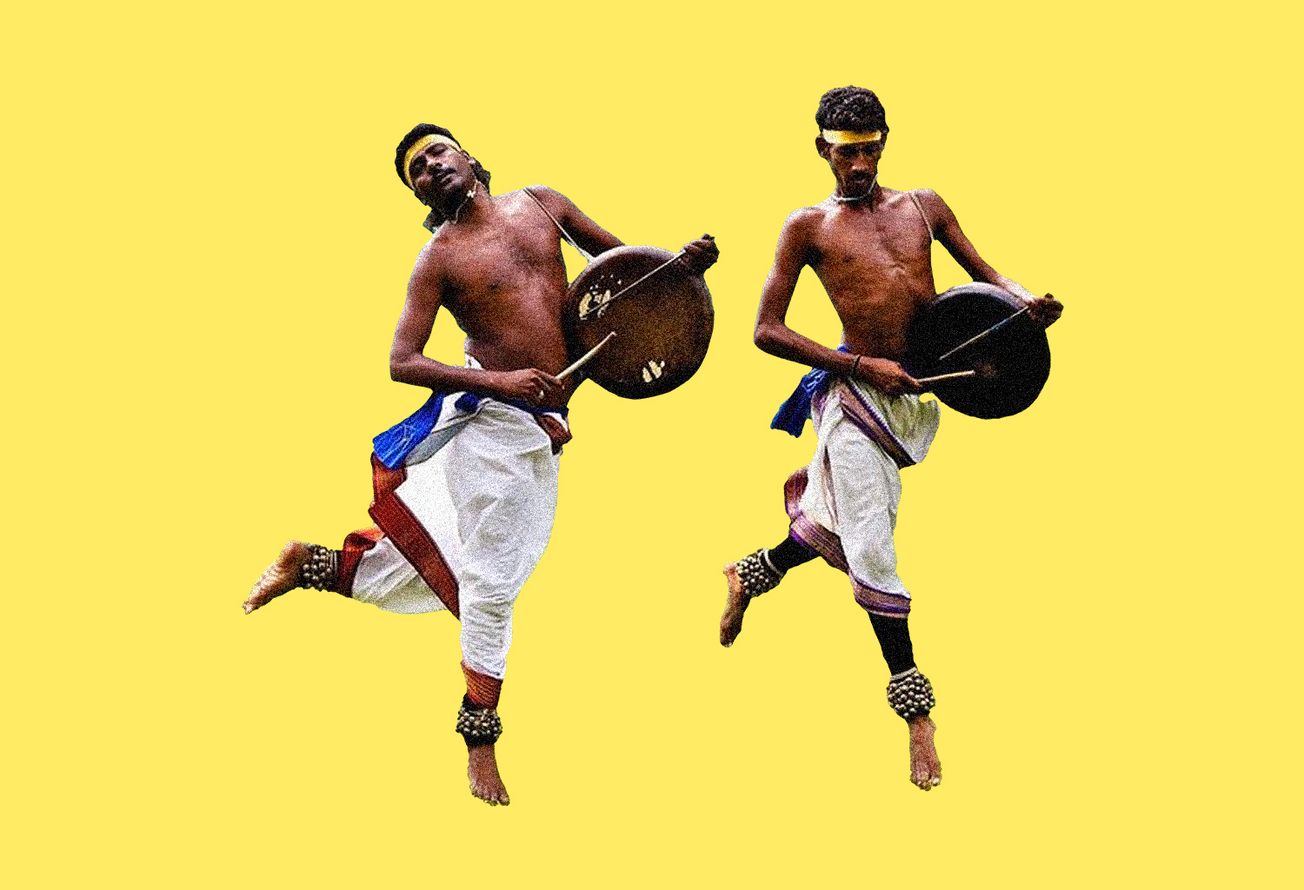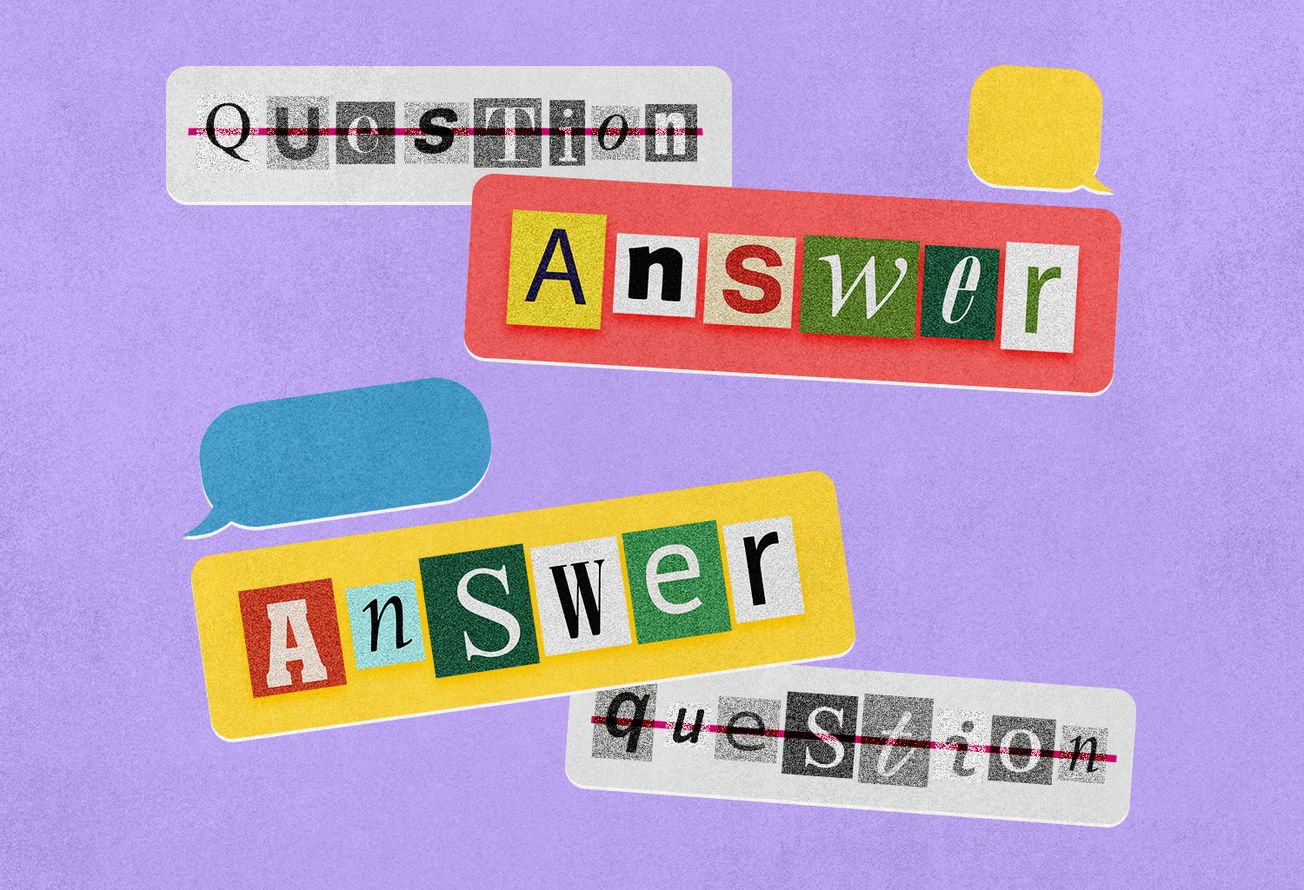It's easy to call out the privilege others hold and hard to acknowledge one's own. But we must do the latter before claiming the right to do the former. As practitioners of intersectionality, it is quintessential to identify our privileges, or our feminist praxis fails to qualify as honest. Many still confuse acknowledging privilege with simply being upfront or grateful about the social advantages and power they hold. But it's all about accepting that the power we wield has a history of oppression that granted us unearned privileges.
Privileges are "socially conferred advantages individuals enjoy by their membership in dominant groups with access to resources and institutional power beyond the common advantages of marginalised citizens," academician Alison Bailey explains. Often reviewed as mutually exclusive, both earned, and unearned privileges are, in fact, interdependent, she adds. Privilege places one in a better position to earn more advantages. The more socially marginalised one's identity, the lesser their access to privilege will be. Anyone who holds unearned privilege that, in turn, grants them opportunities to amass supposedly "earned" privilege generates oppression.
In India, apart from gender, class, religion, and able-bodied privilege, there is also the intersection of caste that works towards maintaining upper-caste hegemony. Such privilege remains operational in every imaginable context and is visible in Brahminical lifestyles with standards of aesthetics, cleanliness, and worship that hold other cultures, religions, and lifestyles in contempt. In India, an upper-caste individual (particularly a cishet man) does not face barriers from systemic networks of casteism, sexism, and misogyny. With immense social capital at his disposal, he will find it easier to get a promotion at his job, buy a house, or gain political stature and repute.
Similarly, Savarna middle-class women such as myself enjoy significant caste privileges. While most of us recognise the perils of patriarchy, we fail to acknowledge our affiliation with the regressive caste hierarchy and remain ignorant about how caste has been a major axis of oppression that has benefited us.
The caste division between women became visibly evident in post-independence India when middle-class, Savarna women became subjects of nationalistic politics and cultural symbolism as Bhadramahilas and Bharat Mata, whereas Dalit-Bahujan-Adivasi, Vimukta, and Muslim women of the nation were excluded from the idealised notion of Indian womanhood. Feminists in India failed to centre caste, unable to detach from neoliberalism. A gift-wrapped feminism was advanced only to women with caste and class privileges, well suited for the market economy that incarnated upper-caste monopoly. There was a blatant disinterest in addressing the socioeconomic consequences of such an elitist project and its manifestations in income and labour capital politics.
In the late twentieth century, the emergence of a Dalit feminist standpoint challenged mainstream Indian feminism. It highlighted the urgency of acknowledging the double jeopardy of gender bias and caste discrimination that Dalit women faced whilst simultaneously critiquing the homogeneous label "woman" in post-British India, bringing forth a politics of difference.
Savarna (caste-privileged) feminists must reform their practices and reshape their praxis around a Dalit feminist standpoint—"speaking with Dalit women instead of for Dalit women"—as suggested by Anandita Pan, the author of the book Mapping Dalit Feminism: Towards an Intersectional Standpoint (2021). Critically acknowledging our social standing is the first step towards a sincere feminism.
To resist oppression when we hold privilege is to become a "traitor" to our dominant communities. Marxism and critical race theory highlight the role of class and race traitors—bourgeois White individuals who espouse socialist and anti-racist ideals. These agents quit their oppressor roles and live in solidarity with those who have suffered historically due to their oppressive practices.
The term's usage gained momentum after the journal Race Traitor, founded in 1992 by Noel Ignatiev and John Garvey, called for Whiteness to be abolished. Its slogan held "treason to [W]hiteness is loyalty to humanity." Mab Segrest's book Memoirs of a Race Traitor (1994) is another White anti-racist text highlighting the importance of developing intersectional feminist consciousness.
In "Locating Traitorous Identities: Toward a View of Privilege-Cognizant White Character" (1998), Bailey defines traitors as individuals within oppressor communities who reject conformism associated with domination and are therefore unfaithful to the worldviews they are expected to uphold. A traitorous individual introspects one's position of privilege, how it gets structurally defined, and the weight it carries. Such a person is privilege-cognizant and not privilege-evasive. The latter does not challenge people within their communities to reflect on their invisible privileges and is thus active in reinforcing oppression. Such an individual will always try to escape criticism with neutralising statements like "I do not see caste" or "all genders are equal in my eyes."
On the other hand, traitors serve as intellectual centres in their communities within which they initiate dissent and anti-hegemonic discourse. The onus falls on upper-caste feminists to initiate this kind of anti-caste resistance. An honest allyship can only materialise when traitors are truly conscious of the interplay between power and discrimination and take action to challenge existing social structures. An empathetic bystander who pities the situation, no matter how deep their remorse, is no help.
Ashwini Vasanthkumar, in "Epistemic Privilege and Victims' Duties to Resist Their Oppression" (2016), advocates that
"assisting the oppressed requires more: it is a long-term enterprise that typically involves defeating practices deliberately instituted by powerful state actors. It will call for a combination of strategies, including indirectly applying pressure to perpetrators through international organisations, governments and civil society organisations and directly resisting perpetrators through armed opposition. It requires coordination amongst multiple actors with different interests or agendas and exercising political judgement to gauge changing political events and opportunities.”
Traitors realise the need to take a step back to constantly unlearn insider beliefs and learn to be sensitive to the perspectives generated by "outsiders". Learning to be critical of one's unearned advantages is an inexhaustible exercise. It is a process, a consciously made choice that reflects through constant practice and habit. The primary duty of a sincere traitor is to acknowledge that the project of such learning requires them to actively seek such knowledge of the marginalised by constant reading and listening.
As caste traitors, we must put ourselves and those in our own families and networks under intense scrutiny. Challenging individuals in our networks that are active agents of caste violence and divesting from socio-culture practices that reinforce casteism are crucial.
In "Working Together Across Difference: Some Considerations on Emotions and Political Practice" (1988), Uma Narayan maintains that
"Having members of the oppressed group as friends, sharing aspects of their lifestyle, fighting alongside them on issues that concern them, sustaining a continuous dialogue with them, etc. can all help non-members develop a more sophisticated understanding of what a form of oppression involves." (Emphasis mine)
Moving out of our privileged comfort zones is what makes us traitors to a system that doesn't deserve our loyalty. We have to convert ideological shifts into active political performances. The force of traitors lies in their ability to initiate dialogue from the centre of oppression.










